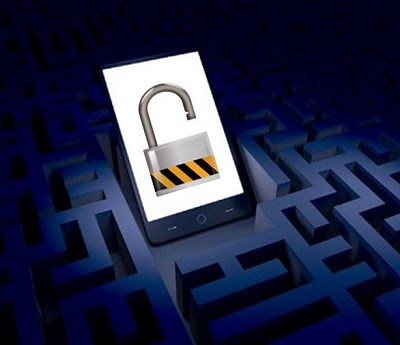SAP suggests that security and privacy are two of the most significant problems in the mobile sector
Software firm SAP sees security and privacy as two major issues when it comes to using big data in the mobile sector. Big data is a term that is used to identify the large amounts of unstructured data that businesses accumulate. This data is comprised of information regarding consumers and is typically collected by retailers without the express consent of customers. Security and privacy have become very controversial issues in recent years, partly due to the fact that people are becoming more reliant on mobile technology in their daily lives.
Survey shows that big data continues to be a high value resource for retailers
According to a recent survey conducted by SAP, many mobile industry groups believe that big data and retail go hand in hand. The survey shows that some 36% of industry groups believe that real-time offers coming from retailers engaged in the mobile commerce space will drive up the value of big data. This data is often used to design more effective marketing strategies and connect with consumers more aggressively.
Personal information is often collected from consumers without express consent
 The problem with big data, however, is that much of it is acquired without consent. Consumers often visit websites where they can shop online and in doing so they typically agree to have their information collected but are never made aware of such an agreement. This can quickly become a serious problem for retailers as consumers become more concerned over their own privacy and how their personal information is being used by businesses.
The problem with big data, however, is that much of it is acquired without consent. Consumers often visit websites where they can shop online and in doing so they typically agree to have their information collected but are never made aware of such an agreement. This can quickly become a serious problem for retailers as consumers become more concerned over their own privacy and how their personal information is being used by businesses.
Mobile operators and banks may offer ideal mobile payments support
The survey from SAP does not focus entirely on security and privacy, of course. The survey shows that many mobile industry groups have high hopes for mobile commerce in the future. Many of these groups believe that mobile network operators are ideally positioned to provide effective mobile payments platforms for consumers. Banks are also considered to be well situated to address many of the security issues that exist within the realm of mobile commerce due to the numerous regulations they must comply with.
Although this heavily encrypted smartphone has been unveiled, what has yet to be seen is if consumers will buy.
Although spying hadn’t really been much of a mobile security or privacy concern in the minds of most consumers for a long time, the recent discovery that the National Security Agency (NSA) has certain surveillance activities that include tracking and watching certain cell phone activities has created a new niche market: the encrypted device.
The true question, however, is how big that market actually is and whether or not people who are interested will make a purchase.
A new device has just been unveiled, called the Blackphone. It was created by Silent Circle, an American encryption firm. It is focused primarily on mobile security, as its mobile developer has labeled that it is “the world’s first smartphone to put privacy and control ahead of everything else.” It is clear that consumers are feeling less secure about the privacy of their smartphones and other devices. Whether or not that heightened paranoia will actually drive them to turn in their old phones and purchase this new one is another matter, altogether.
This mobile security focused smartphone was launched in Barcelona at the Mobile World Congress.
The Blackphone was designed to allow the user to send and receive encrypted phone and text communications, as well as secure sharing of files and highly private web browsing. According to the Blackphone chief product officer, Toby Weir- Jones, Silent Circle’s mobile development was geared toward creating the appearance and the feel of a traditional smartphones and the applications that are already familiar to users.
Although this device is certain to draw some attention, particularly from consumers who feel strongly that the NSA has no place in their private business and who are willing to change their lives and pay money to ensure that they can protect their own privacy. However, whether or not there is enough of a mass market for an anti NSA surveillance device has yet to be seen. Moreover, the creators of the device have made no claims in terms of the device being entirely hackproof.
Although the Blackphone does have greater encryption for improved mobile security, without greater guarantees and a closer reflection of the devices that consumers already have, this may remain the favorite of only a small niche.
 The problem with big data, however, is that much of it is acquired without consent. Consumers often visit websites where they can shop online and in doing so they typically agree to have their information collected but are never made aware of such an agreement. This can quickly become a serious problem for retailers as consumers become more concerned over their own privacy and how their personal information is being used by businesses.
The problem with big data, however, is that much of it is acquired without consent. Consumers often visit websites where they can shop online and in doing so they typically agree to have their information collected but are never made aware of such an agreement. This can quickly become a serious problem for retailers as consumers become more concerned over their own privacy and how their personal information is being used by businesses.
